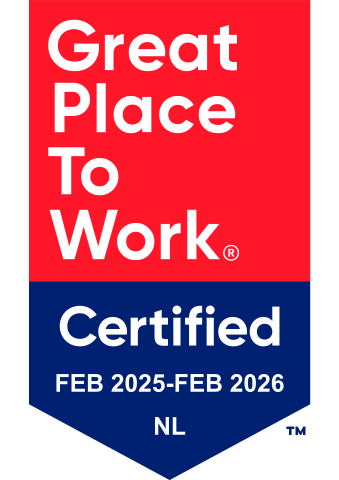Project certification in renewables, particularly in the wind energy sector, is a structured process managed by the certification manager to ensure that all aspects of the project meet required standards and regulations.
Project Certification main characteristics
Project certification involves evaluating wind farm structures and elements specific to site conditions. An independent third-party reviews documentation of site data, con-ceptual design, and detailed design, and conducts on-site evaluations of manufactur-ing, transport, installation, and commissioning. The goal is to verify structural integrity and compliance with international and national standards.
While the primary aim is certifying the design for structural integrity, project certification also ensures quality assurance, high traceability of technical documentation, and valuable risk mitigation. Benefits include lower interest rates from banks and better insurance conditions, positively affecting contingency levels.
Key phases of Project Certification
The main phases of Project Certification are:
- Site Evaluation and Basic Design: Assessment of site conditions, concept design/design assumptions, and Design Basis
- Detailed Design: Structural design plus Transport and Installation design.
- Execution: Manufacturing Inspection, Transport and Installation Inspection, and Commissioning Inspection
- Handover to Operations and Maintenance (O&M): Manuals and Inspection plans.
- Finalization: Closure of open issues and Project Certificate.
Based on project milestones, certification requirements, and a master data register, a detailed certification plan outlining steps, timelines, and deliverables is created by the Project Certification Manager.
The certification process involves ongoing compliance review of theoretical documen-tation and on-site activities, plus risk identification and mitigation, and stakeholder communication.
Periodic inspections and audits are scheduled to ensure ongoing compliance with cer-tification standards.
All findings are communicated to relevant stakeholders, including developers, financi-ers, and regulatory bodies. Alignment between as-built and approved documentation is ensured.
Additional benefits
Project certification provides immediate benefits, such as easier lifetime extension works due to traceable certified technical documentation. In new markets with evolving certification requirements, project certification offers significant de-risking, benefiting developers more than in mature markets.
In conclusion, project certification is an excellent business case, offering significant cost benefits and should always be considered for wind energy projects.
Certification support
Flux can help you with your project. Whether you need project certification support from start to finish, training/mentoring to make your employees equipped to manage certification, or advice on special certification uncertainties we can set up a certification plan that is tailored to your needs. Contact us for more information
